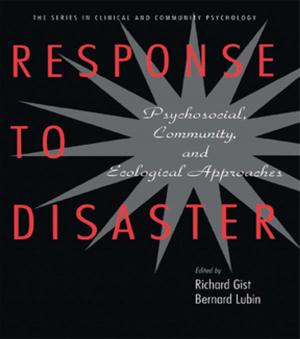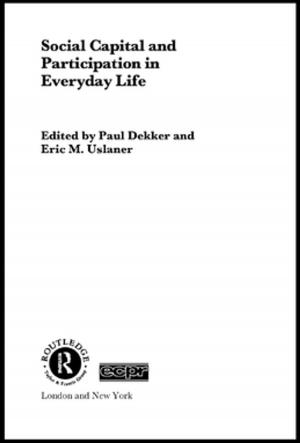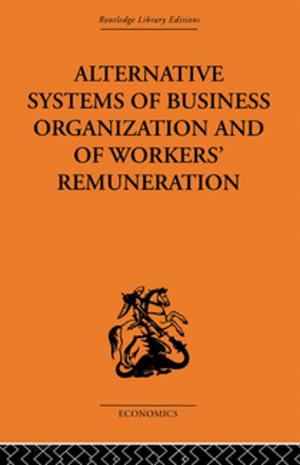Loss and Change (Psychology Revivals)
Revised Edition
Nonfiction, Health & Well Being, Psychology, Counselling, Mental Health| Author: | Peter Marris | ISBN: | 9781317627036 |
| Publisher: | Taylor and Francis | Publication: | October 10, 2014 |
| Imprint: | Routledge | Language: | English |
| Author: | Peter Marris |
| ISBN: | 9781317627036 |
| Publisher: | Taylor and Francis |
| Publication: | October 10, 2014 |
| Imprint: | Routledge |
| Language: | English |
First published in 1974, then reissued in 1986 with a long introduction by the author, which developed the analysis in the light of recent theory and related it to work done in the field since its first publication.
The late Peter Marris shows how understanding grief can help us to understand processes of change, both personal and social, and to handle them with more compassion for ourselves and others. He sees grieving as the working out of a psychological reintegration, whose principles are essentially similar whether the ‘structures of meaning’ of our life fall apart from the loss of a personal relationship, of a predictable social context or of an interpretable world. Marris draws on his wide-ranging research to develop his argument. A study of widows, a description of the devastating effects of urban renewal projects on people whose familiar neighbourhoods are destroyed, an analysis of the activities of tribal associations in Nigeria, and reflections on the analogies between scientific and political revolutions are a few of the studies Marris weaves together in tracing the meaning of change and loss in human life.
First published in 1974, then reissued in 1986 with a long introduction by the author, which developed the analysis in the light of recent theory and related it to work done in the field since its first publication.
The late Peter Marris shows how understanding grief can help us to understand processes of change, both personal and social, and to handle them with more compassion for ourselves and others. He sees grieving as the working out of a psychological reintegration, whose principles are essentially similar whether the ‘structures of meaning’ of our life fall apart from the loss of a personal relationship, of a predictable social context or of an interpretable world. Marris draws on his wide-ranging research to develop his argument. A study of widows, a description of the devastating effects of urban renewal projects on people whose familiar neighbourhoods are destroyed, an analysis of the activities of tribal associations in Nigeria, and reflections on the analogies between scientific and political revolutions are a few of the studies Marris weaves together in tracing the meaning of change and loss in human life.















